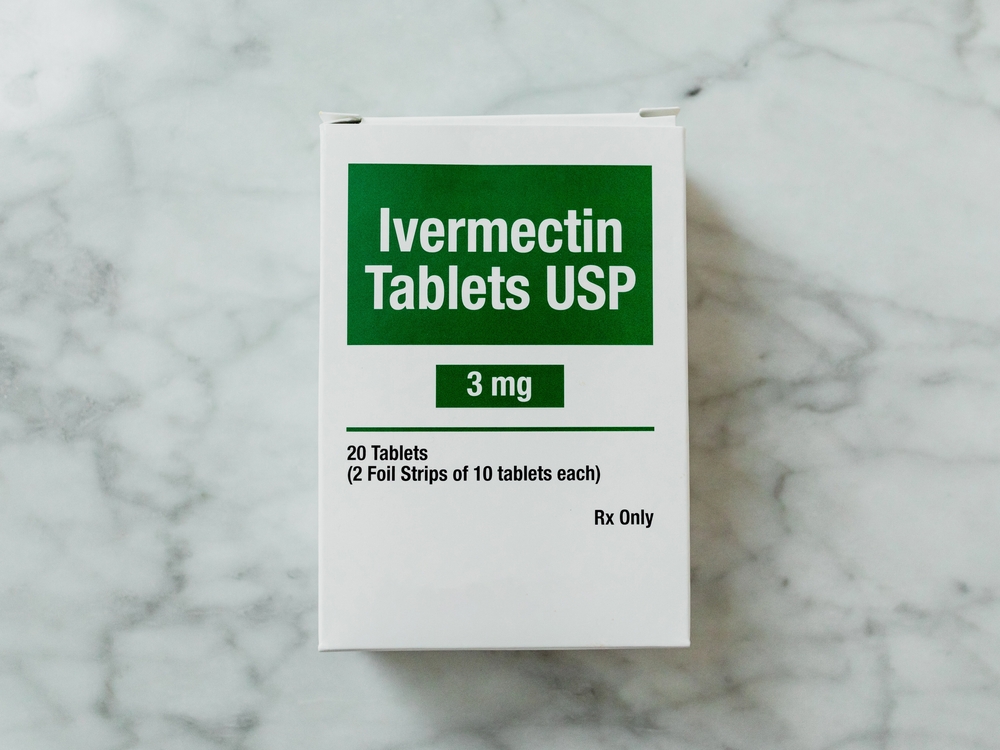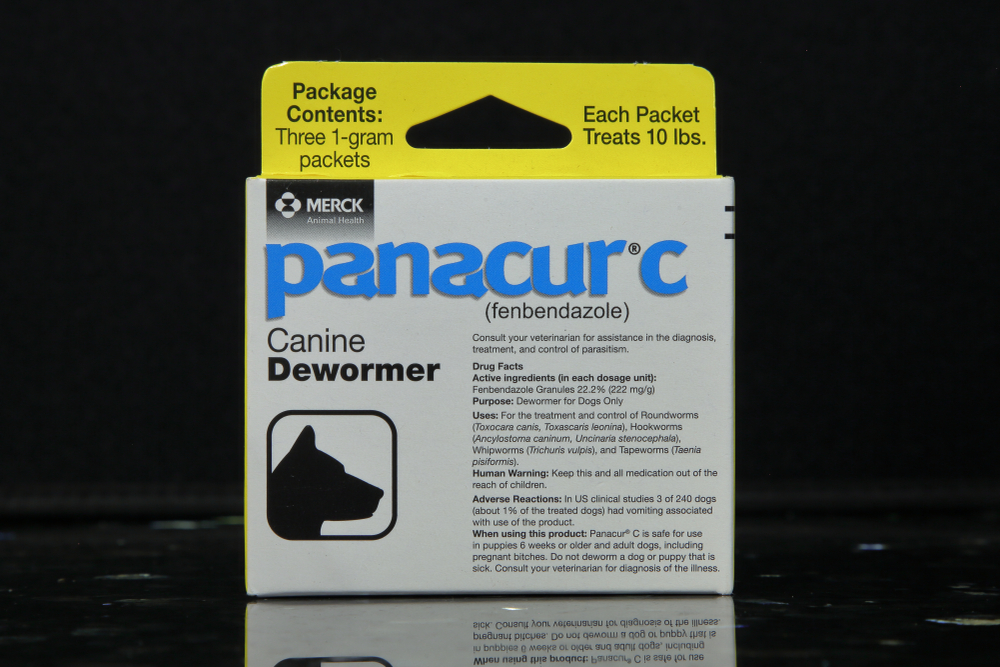The idea of repurposing existing drugs for cancer is an intriguing one, with people sharing stories of how drugs not originally developed for cancer ended up saving their lives. These examples have sparked curiosity and hope among patients seeking alternative therapies. While these stories are incredible, it is important to distinguish between myths and realities when it comes to the effectiveness of repurposed drugs in treating cancer.
Understanding Repurposed Drugs for Cancer Treatment
So what does repurposed drugs for cancer treatment actually refer to, anyway? These are medications that were originally developed for other conditions but are now being explored for their potential anticancer properties. These drugs may offer new avenues for cancer treatment either by themselves or in combination with standard therapies. Think of a drug that was perhaps created to fight an infection that is discovered to have cancer-combatting properties, as well. This is what has caused many people to wonder: If people have used ‘non-cancer drugs’ to defeat even rare, later-stage cancers, could it work for my cancer, too? This is a complex thing that doesn’t necessarily have a straightforward yes or no answer.
Identifying Promising Drugs

Discovering and developing new medications for any illness takes time and must follow a process. This is to determine both the efficacy and the safety of that medication, as well as to understand as many of the potential side effects as possible. This process is long, often taking many years. For re-purposing cancer medications, this is no different. Researchers follow a systematic process to identify non-cancer drugs that show potential for use in cancer treatment. This includes looking for signals in anti-cancer properties in large populations and conducting extensive laboratory research to understand the mechanisms of action. From there, researchers can determine the best approach for human trials.
Read More: 9 Myths About Intelligence You Probably Still Believe
The Importance of Clinical Evidence

Often you may hear of early laboratory studies that show that a medication already approved for a different condition has shown promise against a certain type or types of cancer. While this early evidence may show promise, this does not mean that this drug can then be used to treat cancer. The critical step lies in confirming these findings through high-quality clinical trials. Only through rigorous clinical research can scientists determine the safety, effectiveness, dosage, and administration method of repurposed drugs for cancer treatment. You may read stories of cancer patients who had success with a repurposed drug, and many times, in these cases, that patient may have been part of a clinical trial. What you may not read about is how effective that same medication was for other people in the trial.
The Reality of Repurposed Drugs for Cancer

Despite the growing interest in repurposed drugs, scientific evidence supporting their use in cancer treatment remains limited. Cancer is a complex disease with many different types and subtypes. The way people respond to different medications and treatments is also often highly individual. Most studies on repurposed drugs are still in the early stages and lack the robust data necessary to make definitive treatment recommendations. Just because it worked for some famous person’s friend or someone who you read about on the internet, doesn’t mean that it will work or even be available to you or your loved one with cancer.
Read More: 15 Women’s Health Myths That Can Be Harmful
Ivermectin for Cancer

Ivermectin is a drug commonly used to treat parasitic infections. It has garnered attention as a potential cancer treatment due to preliminary studies suggesting its anti-cancer properties. However, despite these initial findings, the scientific evidence supporting the efficacy of Ivermectin in cancer treatment is still limited and inconclusive. If you are curious about this drug as a potential avenue for you, consult with a healthcare professional first for informed guidance to the best path forward for you.
Fenbendazole for Cancer

Fenbendazole is a drug typically used to combat parasitic infections in animals. It has shown some potential as a possible anti-cancer agent. Similar to Ivermectin, there have been anecdotal reports and preclinical studies suggesting positive results. Unfortunately, there remains a lack of conclusive evidence supporting the widespread use of Fenbendazole for cancer treatment in humans.
Methylene Blue for Cancer

Methylene Blue is a synthetic die that has sparked interest as a cancer-fighting supplement. This is a claim primarily driven by endorsements from wellness influencers and celebrities. While Methylene Blue has displayed promise in certain areas of cancer research as a photosensitizer for specific treatments, it is important to approach claims about its cancer-preventing properties with a healthy dose of skepticism. Robust scientific evidence supporting it as a cancer-prevention supplement just isn’t there, and there have been mixed results from long-term toxicity studies. This means that there is actual risk to your health in high doses. Therefore, individuals considering Methylene Blue as a cancer prevention strategy should be highly cautious. Only rely on evidence-based approaches and actual healthcare professionals and cancer specialists – not influencers on social media platforms.
Read More: Examining the Controversial Health Claims of Methylene Blue
Caution in Unproven Cancer Treatments

When it comes to treating cancer, it is crucial that you listen to the advice of your doctors. Get a first, second, and even third opinion before making any decisions. Do your own research, yes, but don’t think that because you read an article that says this one treatment worked for someone else that you know more than your oncologist does. It is essential for patients to approach unproven cancer treatments with caution, especially in cases where the scientific validation is lacking. Seeking advice from trusted medical professionals is crucial to ensure informed decision-making about treatment options.
Expert Guidance at Anticancer Fund

Not sure how to navigate the minefield that is misinformation surrounding cancer and cancer treatment? The Anticancer Fund provides a valuable resource for helping you to separate fact from fiction when it comes to repurposed drugs for cancer treatment. They have services such as My Cancer Navigator, where patients can access evidence-based information and guidance in evaluating potential treatment options.
Stay Informed and Cautious

While the allure of repurposed drugs as a potential cancer cure is enticing, it is essential to rely on verified facts and consult with certified cancer specialists before making treatment decisions. Remember, if something sounds too good to be true, it likely is. Stay informed, stay cautious, and seek expert guidance when evaluating treatment options. By following a balanced approach of curiosity coupled with caution, patients can navigate the complex landscape of repurposed drugs for cancer treatment with confidence and clarity.
Disclaimer: This information is not intended to be a substitute for professional medical advice, diagnosis or treatment and is for information only. Always seek the advice of your physician or another qualified health provider with any questions about your medical condition and/or current medication. Do not disregard professional medical advice or delay seeking advice or treatment because of something you have read here.
Read More: Adrenal Fatigue: Myth or the Hidden Cause of Your Fatigue?
